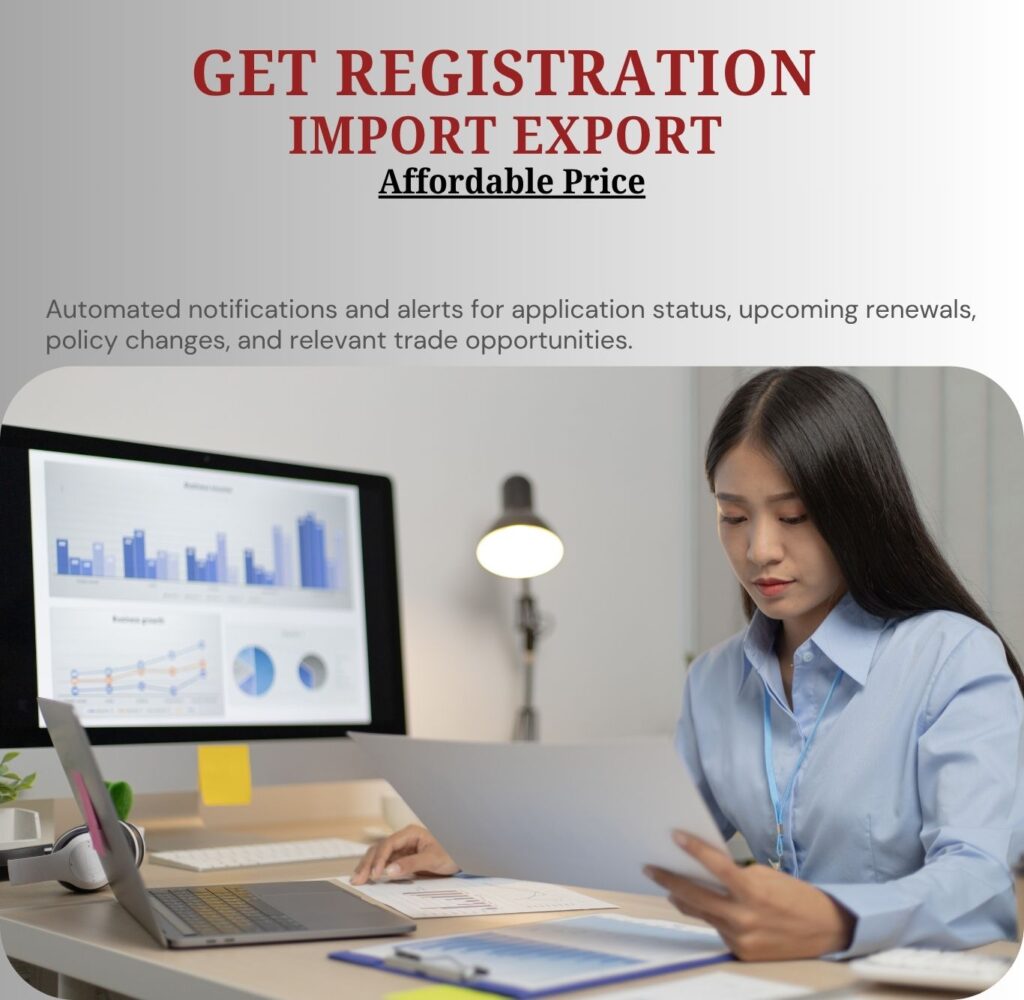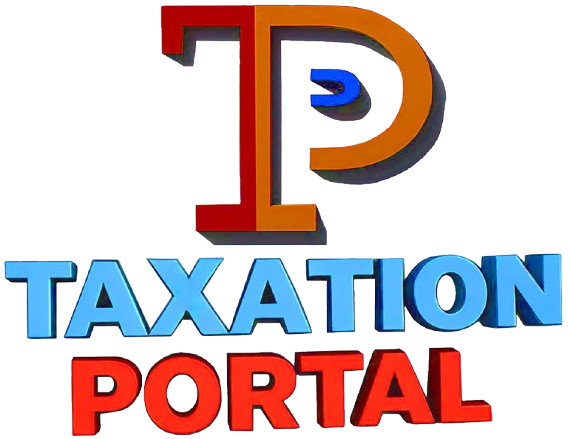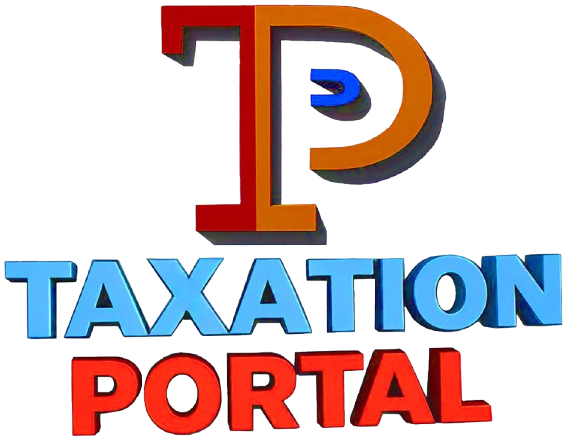
Import and Export form the backbone of international trade, allowing businesses to source goods and services from abroad (import) or sell their products and services to international markets (export). In India, this sector is highly regulated to ensure compliance, facilitate trade, and promote economic growth.
Key Regulatory Body
The Directorate General of Foreign Trade (DGFT), under the Ministry of Commerce and Industry, Government of India, is the primary body responsible for formulating, implementing, and monitoring India’s Foreign Trade Policy (FTP), also known as the EXIM Policy. The FTP provides the framework and guidelines for import and export activities in the country. The current policy is FTP 2023-28, which focuses on ease of doing business, process re-engineering, automation, and increasing India’s exports.
Key Requirements and Procedures for Import/Export in India
To engage in import or export activities in India, a business needs to fulfill several mandatory requirements and follow specific procedures.
1. Business Registration: Before venturing into import/export, you need to establish a legal entity for your business. This can be a:
- Sole Proprietorship
- Partnership Firm
- Limited Liability Partnership (LLP)
- Private Limited Company
- Public Limited Company
- Trust
- HUF (Hindu Undivided Family) Registration with the Registrar of Companies (ROC) or relevant authorities is the first step.
2. PAN (Permanent Account Number): As discussed previously, PAN is mandatory for any financial transaction in India, including import/export activities. Your business entity must have a PAN.
3. IEC (Importer-Exporter Code): This is the most critical and fundamental registration for any import or export business in India.
What is EIC
IEC is a 10-digit alphanumeric code issued by the DGFT.
Mandatory Requirement
No person or entity can make any import or export without obtaining an IEC, unless specifically exempted (e.g., import/export for personal use not connected with trade, or by Government Ministries/Departments).
For Services/Technology
For import/export of services or technology, IEC is required only if the service/technology provider is availing benefits under the Foreign Trade Policy or dealing with specified services/technologies.
PAN-Based
Since the introduction of GST, the IEC is essentially the same as the PAN of the firm. However, it is still separately issued by the DGFT based on an application.
Lifetime Validity (with Annual Updation)
An IEC has permanent validity but it is mandatory to update the IEC annually (between April and June each year) through the DGFT website to ensure it does not get de-activated. No fee is charged for this annual update.
Benefits of IEC
- Legal Identity: Provides a legal identity in global markets.
- Customs Clearance: Essential for customs clearance of shipments.
- Foreign Exchange: Required for sending/receiving money in foreign currency.
- Government Schemes: Enables access to various export promotion schemes, incentives, and benefits under the Foreign Trade Policy (e.g., RoDTEP, EPCG, Advance Authorisation).
- Ease of Business: Streamlines processes and reduces illegal trade.
Application Process for IEC (online via DGFT website – FoSCoS)
- Visit the DGFT website (https://dgft.gov.in/CP/).
- Navigate to “Services” -> “IEC Profile Management” -> “Apply for IEC”.
- Register as a new user with email and mobile OTP.
- Log in and fill out the ANF 2A application form, providing details of the firm, PAN, bank account, address, etc.
- Attach a Digital Signature Certificate (DSC) or use Aadhaar-based OTP for signing.
- Pay the prescribed application fee online (currently ₹500).
- Upon successful payment and verification, the e-IEC certificate is issued and can be downloaded.
4. Bank Account (Foreign Exchange Authorized Bank): You need to open a current account with a bank authorized to deal in foreign exchange. This account will be used for all import and export transactions, including receiving export proceeds and making import payments.
5. GST Registration: If your aggregate turnover exceeds the threshold limits for GST or if you are engaged in inter-state supply of goods or services (which most import/export businesses are), you must obtain GST registration.
Impact on IEC
For businesses registered under GST, the GSTIN (GST Identification Number) is linked with the IEC. In some cases, the PAN of the GST-registered entity might be treated as IEC for certain purposes, but it’s still best practice to obtain a separate IEC as it remains the primary identification for DGFT purposes and schemes.
LUT/Bond
Exporters can avail the benefit of exporting goods/services without payment of IGST by filing a Letter of Undertaking (LUT) or bond with the GST authorities.
6. RCMC (Registration-cum-Membership Certificate):
Purpose
To avail authorization to import/export or any other benefit or concession under the Foreign Trade Policy, exporters are generally required to obtain RCMC.
Issued by
The concerned Export Promotion Councils (EPCs) / Commodity Boards / Authorities (e.g., APEDA, MPEDA, FIEO, various EPCs for specific product categories).
Selection
Choose the EPC relevant to your primary product of export.
FSSAI License
If you deal with food products (as discussed previously).
BIS (Bureau of Indian Standards) Registration/Certification
For certain products (e.g., electronics, chemicals) to meet Indian quality standards.
Plant Quarantine Certificate
For agricultural and plant products.
Health Certificate / Veterinary Certificate
For animal products.
Drug License
For pharmaceutical products.
No Objection Certificate (NOC)
From various agencies like Wildlife Protection Authority, Archeological Survey of India, etc., if applicable.
SCOMET License
For specific Special Chemicals, Organisms, Materials, Equipment and Technologies items that have dual-use (civilian and military) applications.
Key Documents Involved in Import/Export Transactions
The documents required for actual import/export transactions can be extensive and vary significantly based on the nature of the goods, mode of transport, and terms of trade (Incoterms). Common documents include.
For Exports
- Commercial Invoice: Bill of sale from exporter to importer, detailing goods, price, terms.
- Packing List: Detailed list of contents of each package.
- Shipping Bill / Bill of Export: Filed with Customs for clearance of goods for export.
- Bill of Lading (B/L) / Air Waybill (AWB) / Lorry Receipt: Document issued by the carrier acknowledging receipt of goods for shipment and contract of carriage.
- Certificate of Origin (COO): Certifies the country where the goods were manufactured or processed. Important for preferential tariffs under FTAs.
- Inspection Certificate: From an independent agency verifying quality, quantity, etc.
- Insurance Certificate: Proof of marine or air cargo insurance.
- Foreign Exchange Control Form (e.g., Export Declaration Form – EDF): Filed with the bank for exchange control purposes.
- Bill of Exchange: A financial instrument used to facilitate payment.
- Phytosanitary Certificate / Fumigation Certificate: For agricultural and plant products.
- Quality Control Certificate: For certain specified goods.
For Imports
- Bill of Entry: Filed with Customs by the importer (or Customs House Agent) for clearance of imported goods.
- Commercial Invoice: From the foreign supplier.
- Packing List: From the foreign supplier.
- Bill of Lading (B/L) / Air Waybill (AWB): From the carrier.
- Certificate of Origin (COO): To avail preferential duty benefits.
- Import License: For restricted items.
- Insurance Certificate: If goods are insured.
- Customs Duty Payment Receipt: Proof of duties paid.
- Letter of Credit (L/C): If payment is made through L/C.
- Product-specific certificates: e.g., FSSAI, BIS, etc.
Government Initiatives and Support
The Indian government, through the DGFT and other ministries, actively supports the import and export sector through various schemes and initiatives:
Export Promotion Schemes
Such as Remission of Duties and Taxes on Exported Products (RoDTEP), Export Promotion Capital Goods (EPCG) Scheme, Advance Authorisation Scheme, etc., which provide duty exemptions or refunds.
Market Access Initiatives (MAI)
Financial assistance for market studies, product development, brand promotion, etc.
Niryat Bandhu Scheme
Mentoring and training programs for new and potential exporters.
Trade Fairs and Exhibitions
Support for participation in international trade fairs.
Export Credit Guarantee Corporation of India (ECGC)
Provides credit insurance and related services to exporters to mitigate risks.
Ease of Doing Business Reforms
Continuous efforts to simplify procedures and reduce transaction costs.
Starting an import/export business can be lucrative but requires meticulous planning, understanding of regulations, and compliance. It’s highly advisable to consult with our experienced import-export consultant to navigate the complexities effectively.

